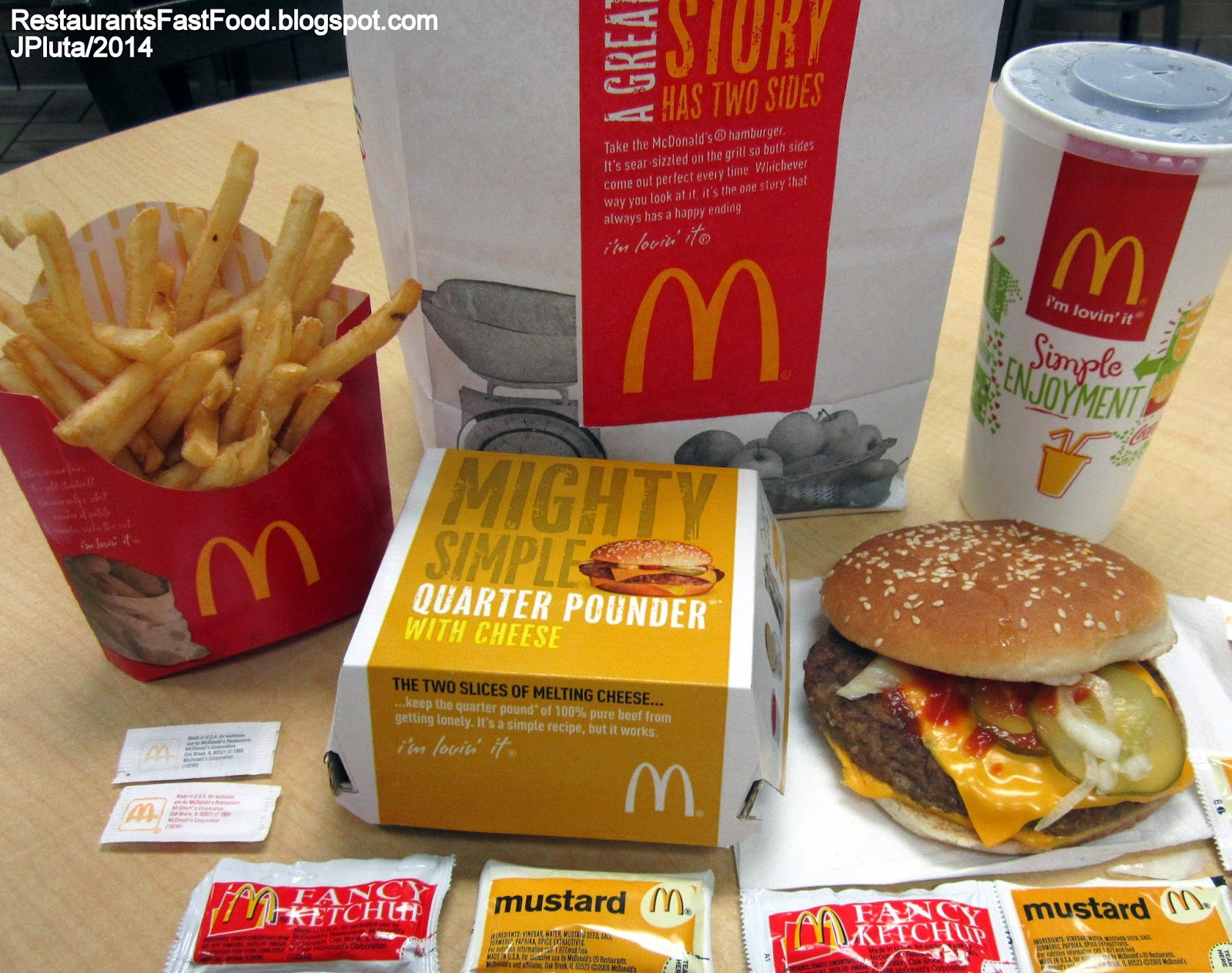McDonald’s wanted you to demonstrate love in order to receive food. Coke fantasized that it could overcome hate through a Coke-based industrial accident. And now Dove is telling women to shut up already about their bodies (through a Twitter campaign that replies to women’s negative posts about their bodies with messages that are supposed to be empowering or positive).
These campaigns are part of an ugly trend in advertising. It’s troubling is when brands want to be my leader, my friend, my moral compass.That’s not OK. I would like to be able to drink a cup of tea without receiving an exhortation, for example.
Brands, corporations, and people
We all know that giant corporations like Facebook and Google (yes, the hand that feeds me) have more information than they ever did about our daily habits, thoughts, desires, interactions. It’s astonishing, when you think about it, just how much you could gather from my mobile phone data, Google searches, and Facebook feed. And we all know that these giant corporations sell that data to advertisers and marketers. And I’m actually pretty OK with all that: advertising has been a part of my world for my entire life, and I’d rather see ads that are relevant to me than just random garbage scattered across the televisual landscape. Done right, advertising can actually be useful, like an airline recognizing that I’m searching for flights to a particular city and deciding to give me a discount to entice me to go with them. They win, I win. It’s fine.
Brands are owned by corporations, and corporations are organizations designed to make profits, not to improve your moral worth. As such, they lack the disinterested moral authority of clergy (pledged to a religious responsibility), therapists (licensed and beholden to professional ethics), or friends and family (people we’ve decided for our own reasons to trust). Moral exhortations from corporations are a confidence game.
Now it’s worth remembering that, as Mitt Romney had it, corporations are people, or at least made out of people (like Soylent Green). Marketing campaigns do not create themselves. Corporate leaders can and often do desire to do good in a broader sense than simply making profits. That kind of leadership is good and should be encouraged. Companies that provide great service or go green or treat their employees well deserve accolades.
Do as I say, not as I sell
But as with people, there’s a difference between companies that do good and companies that talk about doing good. Dove is the latter. So is McDonald’s. That’s what rankles, the way it would rankle to have some rich guy fly in on a private jet, ride his souped-up Harley over to your shitty little house, and remind you how important it is to be humble and leave only footprints.
To a great extent, these campaigns have consisted of corporations wrong-footing themselves in a complicated Internet landscape that they don’t quite know how to handle. Because we have the Internet, we can talk back, and people are doing just that. I suspect that the current trend of earnest moral exhortation as brand message will not last — not if it keeps pissing people off.
Also published on Medium.

